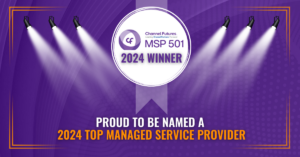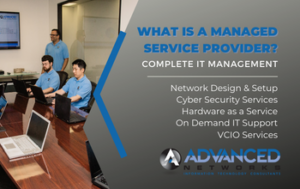 The question of whether to buy or lease hardware equipment is one that plagues business owners and managers across the globe. There is no universal solution to this question. Leasing makes sense for some companies while purchasing is more prudent for others. However, an IT consulting team in Los Angeles can help you with that. Here is a look at whether leasing or buying is better:
The question of whether to buy or lease hardware equipment is one that plagues business owners and managers across the globe. There is no universal solution to this question. Leasing makes sense for some companies while purchasing is more prudent for others. However, an IT consulting team in Los Angeles can help you with that. Here is a look at whether leasing or buying is better:
The Case for Leasing
Leasing makes sense for business owners who have limited capital. It also will prove quite helpful for companies in need of hardware that must be updated fairly frequently. Once the lease ends, the company can upgrade to the next version. Leasing is also the best way to keep up with the life cycle as leases tend to run between two and three years. This is just about the amount of time required to upgrade. Leasing also helps to limit the initial cost. Preservation of cash is essential for companies looking to grow or launch.
There is also less paperwork to deal with when a company leases hardware. There is no need to fill out loan paperwork, visit the bank and so on. The vendor handles all of the equipment servicing, updates, patching and other adjustments from thereon forward. This outsourcing of maintenance work empowers your team to focus on what they do best. Add in the fact that hardware automatically depreciates as the years progress, and it is easy to see why plenty of small to medium-sized companies opt to lease.
The Downside to Leasing
There are a few negatives to leasing hardware. The long-term cost will inevitably be higher than the cost of an outright purchase. The customer does not build any type of equity in the leased equipment. However, some equipment might prove obsolete by the lease end. Another downside to a lease is the fact that the user is forced to make payments over the full lease period no matter what.
Buying Hardware Equipment
Established businesses and organizations that require equipment with a long life cycle are prime candidates to buy hardware. If your certain specific types of equipment won’t be outdated in the near future, purchase them to get the most for your money.
Buying also empowers you to take advantage of tax incentives. You can deduct some or all of the cost of newly bought assets. Equipment that is not eligible for this portion of tax deductions might prove eligible for others, like depreciation deduction. Meet with an IT consulting staff in Los Angeles for more information about the tax breaks available for buying hardware.
The Negatives to Buying
The main flaw with buying is the exorbitant initial cost. Initial cash payments might prove too high for certain businesses. The down payment will likely be a minimum of around 25 percent. There is plenty of paperwork to boot. When in doubt, reach out to our IT consulting for advice pertaining to hardware.
If you are looking for an IT consulting company in Los Angeles, Advanced Networks is at your service. Our IT support will minimize downtime, boost your digital security, enhance your team’s productivity and help your business grow. Contact us now for more information.




